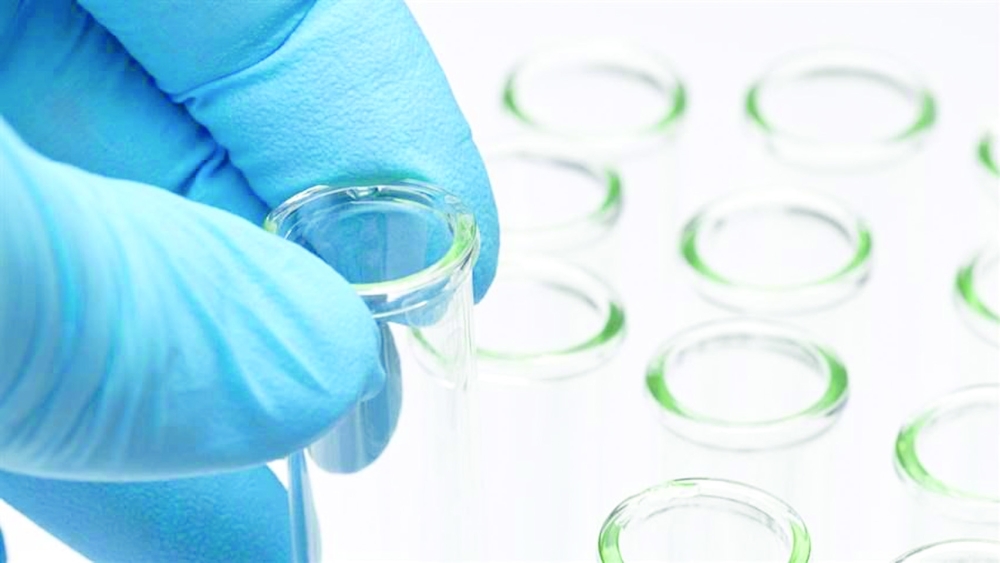

There is a strong belief among the experts that we will go back to the pre-antibiotics era and Antibiotic Resistance (AR) will be the cause of the next pandemic. The world over, Antibiotic Resistance has emerged as one of the leading public health hazards of the 21st century.
AR could result in up to 10 million deaths annually by 2050, more than the estimated 2020 rate of cancer and other lifestyle diseases, according to a United Nations Environment Programme (UNEP) report in February.
Antibiotic Resistance affects any person at any age in any country. Overuse or misuse of antibiotics in humans, animals, and agriculture is closely linked to the development of resistance. Human antibiotics use occurs in hospital sectors (20 per cent) and communities (80 per cent) and nearly 20 to 50 per cent of communities' antibiotic use is inappropriate.
If the situation is unchecked now, progressive resistance to all available antibiotics will set in; in addition, we have very few newer antibiotics in the research pipeline.
AR happens when bacteria become less effective or completely ineffective to commonly used antibiotics, making it harder to treat common bacterial infections. Bacterial resistance is an evolutionary inherent or adaptive mechanism to mutate (change) genetic material for survival. Normally, bacteria procrastinate mutation unless essential, as it is an energy-dependent process and slows down their growth and multiplication. But in the presence of overuse of antibiotics, bacteria are forced to mutate, creating resistance genes.
In the presence of bacterial resistance, a trivial infection can become a serious infection requiring stronger prolonged antibiotics treatment and can pose a risk to life. Infections by resistant bacteria also interfere with the recovery of patients admitted to the hospital for usual medical and surgical conditions resulting in increasing hospital stays, healthcare costs, and even death. A recent report suggests that the presence of multi-drug resistance bacterial infection increased four-fold Covid19-related mortality (death). The World Health Organization (WHO) lists AR among the top 10 threats to global health.
Drivers of AR
The causes and spread of AR are multifactorial, largely determined by the country's economy, environment, and human factors. As per the WHO, the main drivers of antimicrobial resistance include the misuse and overuse of antimicrobials in humans, animals, and agriculture; lack of access to clean water, sanitation, and hygiene (WASH) for both humans and animals; poor infection and disease prevention and control in healthcare facilities and farms; poor access to quality, affordable medicines, vaccines, and diagnostics; lack of awareness and knowledge; and lack of enforcement of legislation.
Five Questions one should ask the doctor before taking antibiotics.
1.Do I really need antibiotics? Antibiotics are not required for flu, or cold. Your body will fight out on its own.
2. What are the risks? Antibiotics can cause side effects like vomiting, diarrhoea, and more. They also can lead to antibiotic resistance-if you take antibiotics when you don't need them, they may not work when you need them.
3. Are there any simple safer options? Sometimes all you need is rest and plenty of liquid. Discuss with your doctor.
4. How much do they cost? Antibiotics are usually not very expensive. But when you take them when you don't need them, they may not work in the future, and that may cost you time and money.
5. How do I safely take antibiotics? Take antibiotics as prescribed by your doctor the dose and the duration.
Best practices
1. Handwashing is the best way to stop the spread of infections.
2. Bacteria & viruses are different. Both can cause infections but antibiotics only work against bacterial infections.
3. Use antibiotics wisely to limit development of antibiotic resistance.
The author is senior consultant, Khoula Hospital.
Oman Observer is now on the WhatsApp channel. Click here


